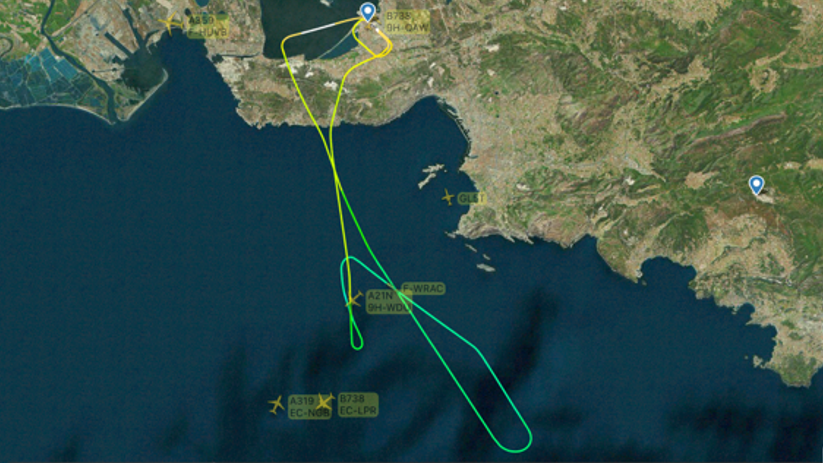New sodium fuel cell could enable electric aviation

MIT researchers develop sodium-air fuel cells offering triple the energy density of current lithium-ion batteries.
Why electric aircraft engine noise grinds our gears

University of Bristol scientists discover how turbulent flow in boundary layer ingesting (BLI) engines creates unpleasant noise, suggesting potential solutions.
Onion-like nanoparticles found in aircraft exhaust

Researchers at Zurich University discover nanoparticles in aircraft exhaust, potentially impacting climate and human health.
Engineers create world’s smallest flying robot with zero electronics onboard

Researchers at the University of California, Berkeley have developed a magnetically powered, 21-milligram device under one centimetre.
Next-gen Seastar flying boat completes first flight

The second prototype of the next-generation Dornier Seastar CD-2 seaplane, known as MSN 1004, successfully completed its maiden flight near Munich at the end of March.
Airbus hybrid high-speed helicopter hits 420 km/h in demo

Airbus, headquartered in France, announced that its Racer high-speed helicopter demonstrator, developed under the Clean Sky 2 project, achieved a cruise speed of 420 km/h (227 kts)
Indian startup rolls out smart plane docking system

In an effort to enhance safety and operational efficiency, the Airports Authority of India (AAI) have commissioned Inxee Systems’ SmartDock AI system at Srinagar and Amritsar airports.
Joby’s hydrogen VTOL air taxi completes landmark 523-mile flight

Joby Aviation, a US-based company, have successfully flown a hydrogen-electric air taxi demonstrator 523 miles, showcasing its potential for emissions-free regional travel using liquid hydrogen fuel cells.
Engine wear risk as planes swallow more dust waiting to land

Researchers from the University of Reading, UK, found that planes at major airports in desert regions ingest significant amounts of dust, leading to engine wear risks.
Silent flight edges closer to take off, according to new research

Researchers at the University of Bristol in the UK have discovered how noise is generated and propagated by boundary layer ingesting ducted fans in aircraft.
